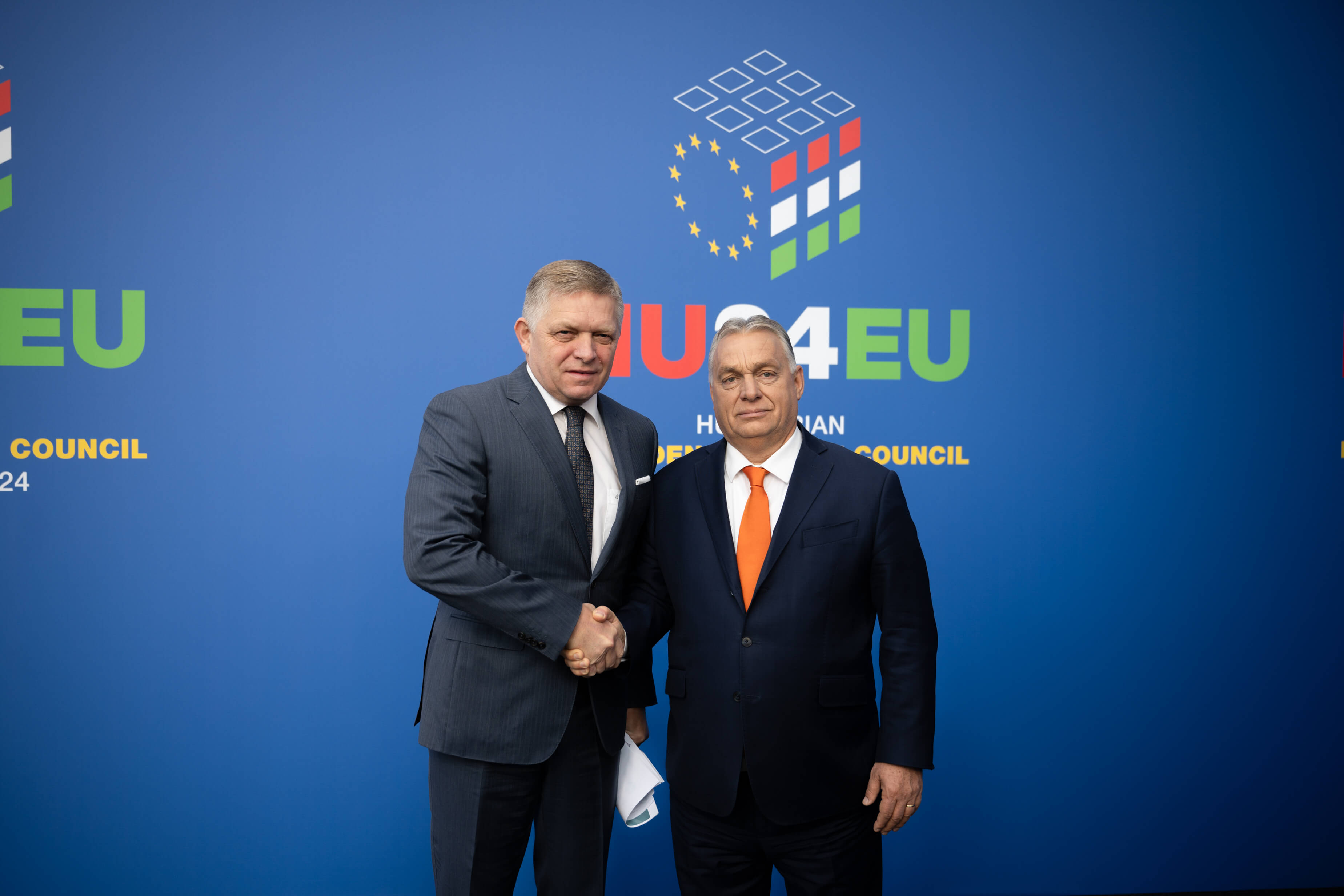Austrian President Alexander Van der Bellen has accepted with a heavy heart that efforts to prevent the far-right Freedom Party (FPÖ) from coming to power, even though it received the most votes in last September's elections, have failed.
President Van der Bellen, the former leader of the Greens, played an important role in the attempt to oust the far right from the circle of those who could form a government.
Not only did he use his constitutional authority to mandate a candidate for chancellor, but he also used political authority by firmly opposing the coming to power of a party with a neo-Nazi background.
The president bypassed the rule of entrusting the mandate to form a government to the winner of the election, i.e., the extreme right, and announced from the first moment after the election that he would give it to those who represent the values of democracy and the European Union.
"I did not take this step lightly," the Austrian president admitted last Monday. It was with a heavy heart that he entrusted the mandate to FPÖ leader Herbert Kickl, a man who has reassuringly called himself "Volkskanzler" (People's Chancellor) since he was denied the mandate to form a government a few months ago.
A failed dam against the extreme right
Austria's established parties previously announced the spectacular collapse of their talks regarding the formation of the government, with conservative Chancellor Karl Nehammer resigning.
The motive for keeping Herbert Kickl's extreme right out of the game for the new government was apparently not strong enough for the agreement between Nehammer's Austrian People's Party (ÖVP), the Social Democrats (SPÖ), and the liberal NEOS party.
Different calculations prevailed, and the differences mainly concerned the budget and the model for overcoming the economic crisis.
If no agreement is reached, Austria will move to extraordinary elections
Austria faces an unspecified period of time during which political consultations on the formation of a new government will take place, but as a rule it will be no longer than two months. If no agreement is reached, Austria will move to extraordinary elections, which was undoubtedly one of the motivations for the mainstream parties to abandon the agreement on a government without the ultra-right.
New elections—better chances for the right
However, while the new elections appear to offer a fresh opportunity to improve the results from last September, they also carry a significant risk of a further decline. The rating of the extreme right, which has grown even more since last October, warns against this.
In the election, Kickl's Freedom Party secured almost 29% of the vote, placing it in first place, and its current rating stands at approximately 35%. This growth can be attributed to the manoeuvres of their political opponents, including President Van der Bellen, who aimed to deny the FPÖ a mandate to form the government, despite being the strongest party in the elections.
Dissatisfaction with the political establishment grew as negotiations over the formation of the government dragged on, ultimately leading to a political vacuum lasting three months.
Resistance to cooperation with Kickl's extreme right has somewhat subsided
Resistance to cooperation with Kickl's extreme right has somewhat subsided. Chancellor Nehammer's successor as head of the centre-right Austrian People's Party, Christian Stocker, said he would go to coalition talks with Herbert Kickl.
"We are at the very beginning. If we are invited to these talks, the outcome of those talks is open," said another ÖVP heavyweight, Wilfried Haslauer, governor of Salzburg state.
This is the first indication that the moderate right may accept, as a minor partner, participation in the government alongside the extreme right, although there is still a long way to go and more obstacles to overcome before such an outcome. These two groups are not without points of contact, particularly when it comes to the issue of migrants. They advocate for more restrictive conditions for their entry and stay in Austria.
Favouring the prospect of the far-right forming a government in Austria for the first time since World War II is the growing trend of support for far-right policies across Europe.
The Eurosceptic bloc in Central Europe
Austria's shift to the right is a kind of echo of a similar process taking place in Germany. Furthermore, Austria's far right can hold onto hopes of forming a government, anticipating the forthcoming February elections in Germany and the anticipated success of its far-right counterpart, the AfD.
 If Herbert Kickl succeeds in forming a government, it will be a first-rate partner for Viktor Orban in Hungary and Robert Fico in Slovakia
If Herbert Kickl succeeds in forming a government, it will be a first-rate partner for Viktor Orban in Hungary and Robert Fico in Slovakia
Kickl's supporters are growing increasingly optimistic about their government's potential to unite Central European states in a bloc, many of which have a clear Eurosceptic stance, a strong anti-migrant stance, and strong scepticism towards support for Ukraine, i.e., advocating for a thaw with Moscow.
If Herbert Kickl succeeds in forming a government, it will be a first-rate partner for Viktor Orban in Hungary and Robert Fico in Slovakia, which will give the EU a respectable bloc that opposes the main directions of its policy, primarily towards Ukraine.
With the arrival of Donald Trump in the White House, the importance of this bloc within the EU will grow even more, as it shares his concept of looser ties within the EU and its functioning as an alliance of sovereign nations and their economies.
The established political forces in Austria, the moderate right and the social democrats, failed the test of excluding the extreme right from the game. The consequences of that defeat will extend beyond the Austrian political scene and its relatively small population of around 9 million.
As one of the favourite European destinations for migrants, where as much as a quarter of the population has immigrant roots, Austria will be a strong anti-migrant factor in the European framework under a possible far-right government